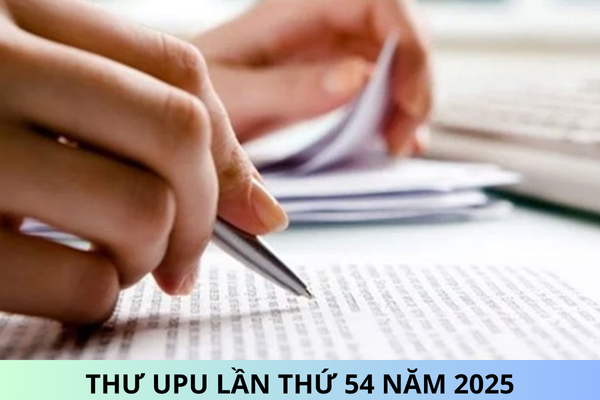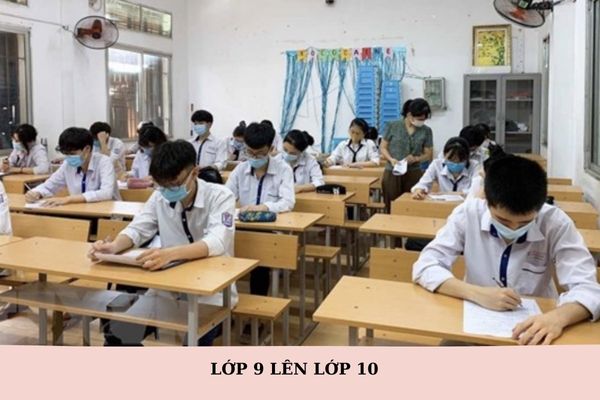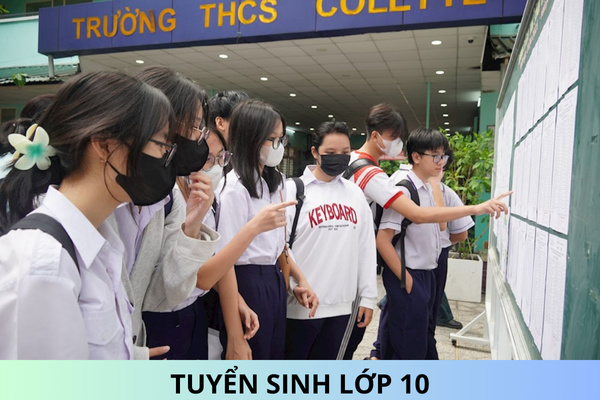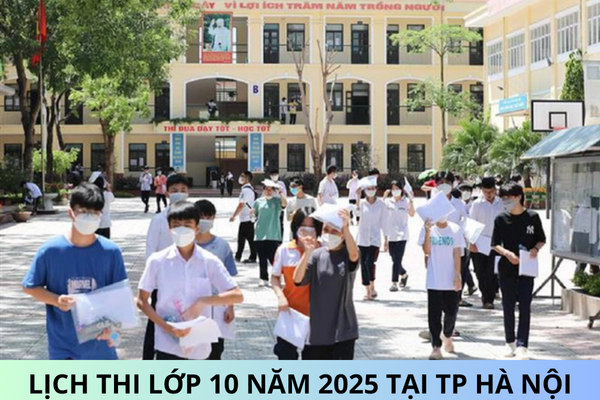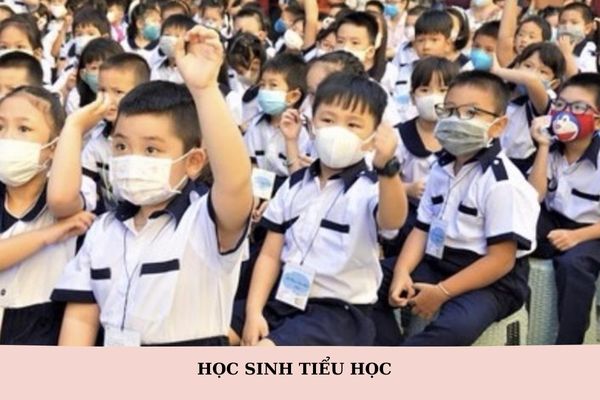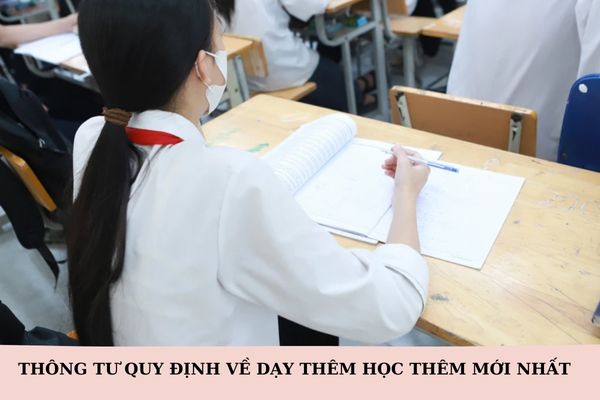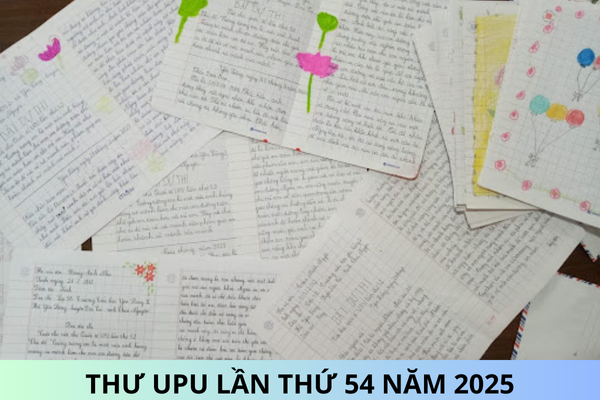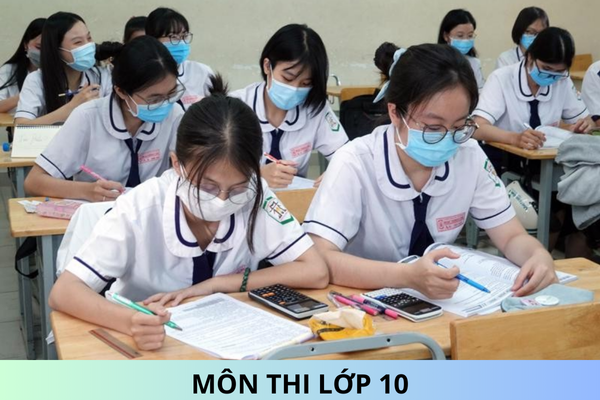What is continuing education in Vietnam? Does studying continuing education programs be ranked in terms of educational level in Vietnam?
What is continuing education in Vietnam? Does studying continuing education programs be ranked in terms of educational level in Vietnam? Looking forward to the answer. Question from Ms. Phuong Nhi in Ho Chi Minh City.
What is continuing education in Vietnam?
Based on Clause 2, Article 5 of the 2019 Education Law stipulates as follows:
Definitions
In this Law, the undermentioned terms shall be defined as follows:
1. “Formal education” means cohort-based education in educational institutions to implement a certain educational programme. It is established following the goals of each educational level and qualification, and the learners are issued degrees/diplomas of the national educational system.
2. “Continuing education” means education that follows a certain educational programme and has flexible organisation regarding programme implementation formats, time, methods, locations, satisfying the learners’ need for lifelong learning.
3. “Education quality accreditation” means assessing and recognizing educational institutions or educational programmes that meet the education quality standards promulgated by competent authorities and organisations.
4. “Year-based” means the mode of educational and training organisation based on school years.
...
In addition, based on Article 2 of the Regulations on the Organization and Operation of Continuing Education Centers issued with Circular 10/2021/TT-BGDDT, there are also provisions on the legal status of Continuing Education Centers.
Legal status of the Center
1. The center is a continuing education institution under the national education system. The center has legal personality, a seal, and its own account.
2. The Department of Education and Training directly manages and directs the Center.
According to this Article, continuing education is understood as a form of education that follows a certain educational programme and has flexible organisation regarding programme implementation formats, time, methods, locations, satisfying the learners’ need for lifelong learning.
Currently, continuing education is organized under the form of Continuing Education Centers in various localities.

What is continuing education in Vietnam? Does studying continuing education programs be ranked in terms of educational level in Vietnam? (Image from the Internet)
Does studying continuing education programs be ranked in terms of educational level in Vietnam?
Based on Article 43 of the 2019 Education Law, transferrable educational system is regulated as follows:
Programmes, forms, contents and methods of continuing education
1. Programmes of continuing education include:
a) Illiteracy eradication;
b) Educational programmes responding to the needs of learners, updating of knowledge and skills, transfer of technology;
c) Programmes for training, upgrading and enhancing professional qualifications;
d) Educational programmes leading to degrees/diplomas of the national educational system.
2. Forms of conducting continuing educational programmes are as follows:
a) In-service learning;
b) Distance learning;
c) Guided self-learning;
d) Other learning forms per learner’s needs.
3. Educational contents of the programmes defined in point a, b, and c of clause 1 of this Article must guarantee the usefulness and help learners improve their working productivity and quality of life.
Educational contents of the programmes defined in point d clause 1 of this Article must lead to the completion of a qualification in the structural framework of the national educational system or the Vietnamese Qualifications Framework, must guarantee the requirements on contents of the educational programme of the same educational level/training qualification defined in Article 31 of this Law, the Law on Vocational education and Law on Higher education.
...
According to this Article, the continuing education program will have a program to grant degrees of the national education system. At the same time, this program is a training program to achieve a level in the National Education Framework, the National Qualifications Framework of Vietnam, must ensure the requirements for the content of the education program and the level of training provided.
Therefore, learners of Continuing Education programs are still ranked in terms of educational level in Vietnam.
Which subjects are included in the upper secondary school program for Continuing Education in Vietnam?
The High School Education Program for Continuing Education is implemented over 3 academic years, starting from grade 10, grade 11, and grade 12. Students entering grade 10 must have a junior high school diploma through regular or Continuing Education.
Based on the High School Education Program for Continuing Education issued with Circular 12/2022/TT-BGDDT, the High School Education Program for Continuing Education includes:
(1) Compulsory subjects and educational activities
- Compulsory subjects include 7 subjects, including: Literature, Mathematics, History as 3 compulsory subjects and 4 elective subjects among the following subjects: Geography, Economics and Law Education, Physics, Chemistry, Biology, Informatics, Technology.
- Compulsory educational activities: Experiential activities, career orientation.
(2) Career-oriented elective subjects, including: Geography, Economics and Law Education, Physics, Chemistry, Biology, Informatics, Technology.
(3) Optional study topics
In the subjects of Literature, Mathematics, History, Geography, Economics and Law Education, Physics, Chemistry, Biology, Informatics, Technology, there will be some study topics that form study topic clusters of each subject.
(4) Optional subjects and educational activities
- Optional subjects include: Foreign languages, Ethnic minority languages.
- Optional educational activities: Local education content.
Best Regards!
